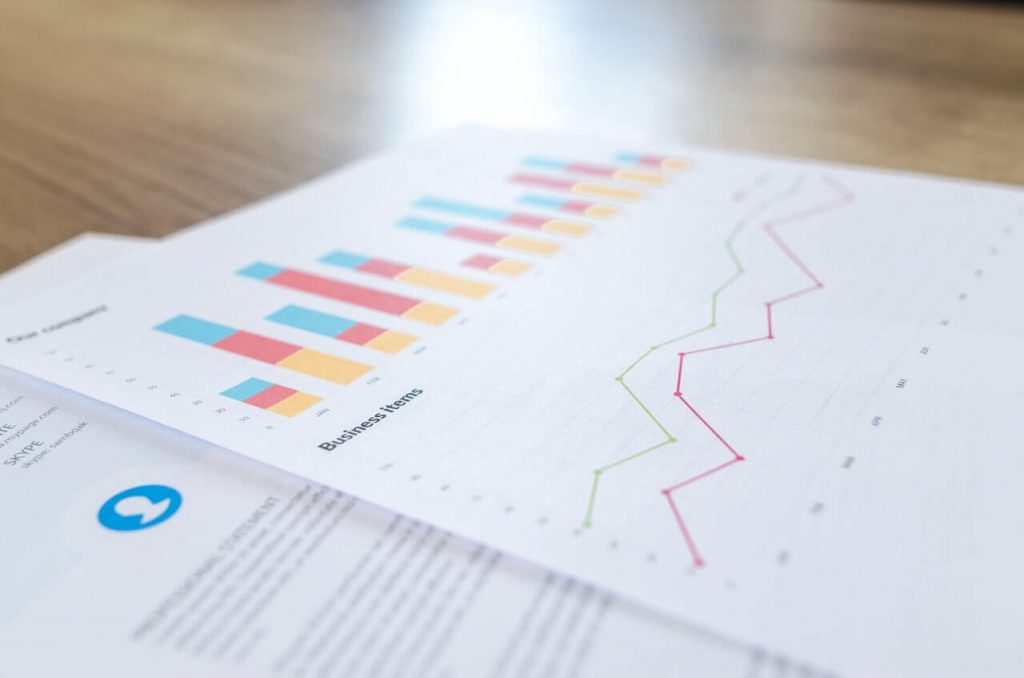It was announced this month that the US 30-year fixed-rate mortgage climbed to an average of 3.75% – the highest level since the beginning of the coronavirus pandemic.
The recent spike comes as the markets prepare for the Federal Reserve to take action in 2022 on interest rates, and cool off the demand.
Moreover, the UK’s Office for National Statistics showed UK house prices to have risen by 10% in the year to November 2021, up from 9.8% in the year to October. The cost of an average home in November stood at £271,000, up from £246,000 compared with the figure from 12 months earlier.
Key Points
- The average 30-year fixed mortgage rate increased to 3.75% – rates haven’t been this high since March 2020 — nearly two years ago.
- Despite the increase, mortgage rates are still historically low — and lower than pre-pandemic levels.
- Rising inflation has been cited by experts and the Fed as a major factor behind rising rates.
- While the Fed does not set mortgage rates, it does impact them with its monetary policies.
How Might Rising Mortgage Rates Affect You?
Simply put, the more rates rise – the more expensive it becomes to borrow. This will especially impact first-time buyers looking to purchase at home.
For example, if you were to act today at a 3.56% rate, you would pay about $188,592 in total interest on a $300,000 loan over 30 years. However, if you had done the same thing when interest rates were 2.72% earlier in the pandemic, you would have only paid roughly $139,186 – $49,406 less in total.
To mitigate this rate, you might look at remortgaging within a few years, which is not uncommon after 2,3 or 5 years.

Mortgage rates in the US and UK in 2022 are the highest in over 2 years
Make Sure to Shop Around for the Right Mortgage
When you’re looking for a mortgage, your starting point should be to go through a broker or multiple brokers, who are eagerly looking to help you get a pre-approval and find a competitive rate for you.
Importantly, mortgage providers are not just banks these days, but also all the private lenders and challenger banks who might offer more favourable terms and may only be available through brokers.
There are basic mortgages where you pay a 20% deposit and get a loan of around 80%, but depending on your circumstances, you can find interesting opportunities through Shared Ownership or Right To Buy – (see our guide on mortgages for first time buyers).
How You Can Secure a Low Interest Rate on Your Mortgage
Having a good deposit of at least 20% of the property value is a good starting point, but other factors include having a good credit score, stable income and employment.
There are some types of employment that are favoured over others, especially ones with good stability like being a doctor, lawyer, teacher or working in the public sector. If you are self-employed, this is absolutely fine to get a mortgage but you will usually need at least two years of accounts and be profitable.
Having a good credit score is important for your mortgage rate, with the better your score, the more likely you are to get a competitive rate.
You also want to avoid having too much debt. If you have lots of cars, credit cards and other financial obligations (school fees, memberships), this can limit the amount you can borrow.
So in addition to being a good candidate with a good credit score, low-debt and good income and employment can certainly help your ability to secure a low rate mortgage, whilst speaking to brokers and always comparing rates along the way!
What’s the Bottom Line?
Ultimately, when it comes to home buying, there are many factors that are out of your control – national mortgage rates being one of these.
However, you shouldn’t let this stop you from buying a new home or become a homeowner for the first time.
Ensuring that you have good credit and have saved enough capital to afford a decent-sized down-payment will help you in your mortgage application.
